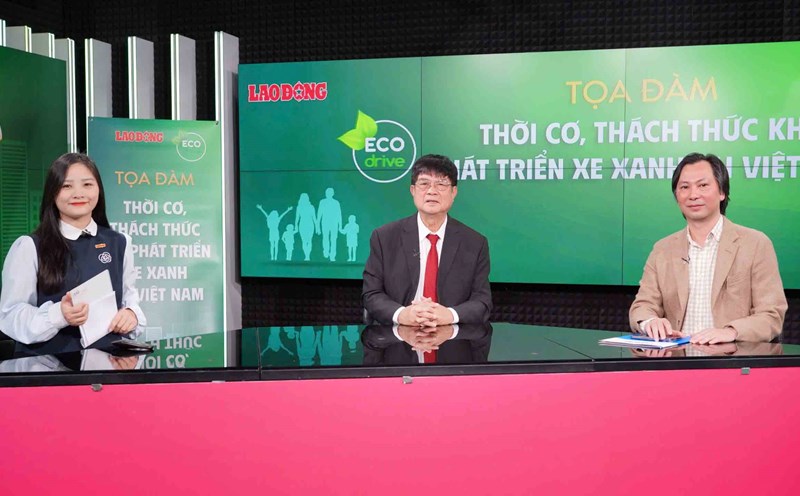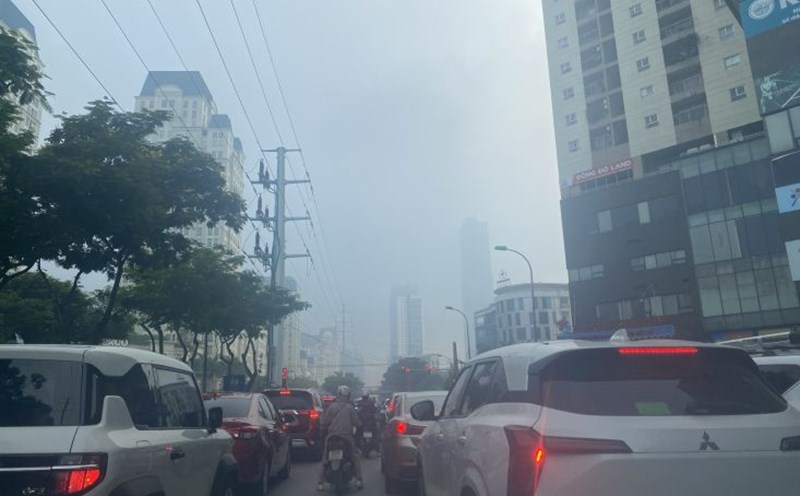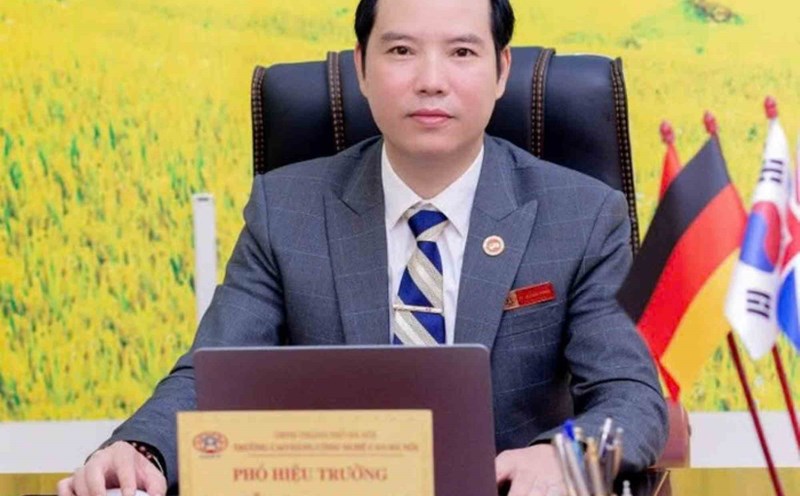In major cities of Vietnam, air pollution has gradually become an urgent problem. This is what makes the transition to environmentally friendly vehicles, also known as "green cars", considered an indispensable part of the sustainable development strategy.
Three "C" words
"Infrastructure; costs; changes in behavior" - are 3 core issues that need special attention in the green transformation journey of the transportation industry - this is the assessment of Associate Professor, Dr. Dam Hoang Phuc (Director of the Automotive Engineering Training Program, Hanoi University of Science and Technology) at the Seminar "Opportunities and challenges in developing green vehicles in Vietnam", organized by Lao Dong newspaper.
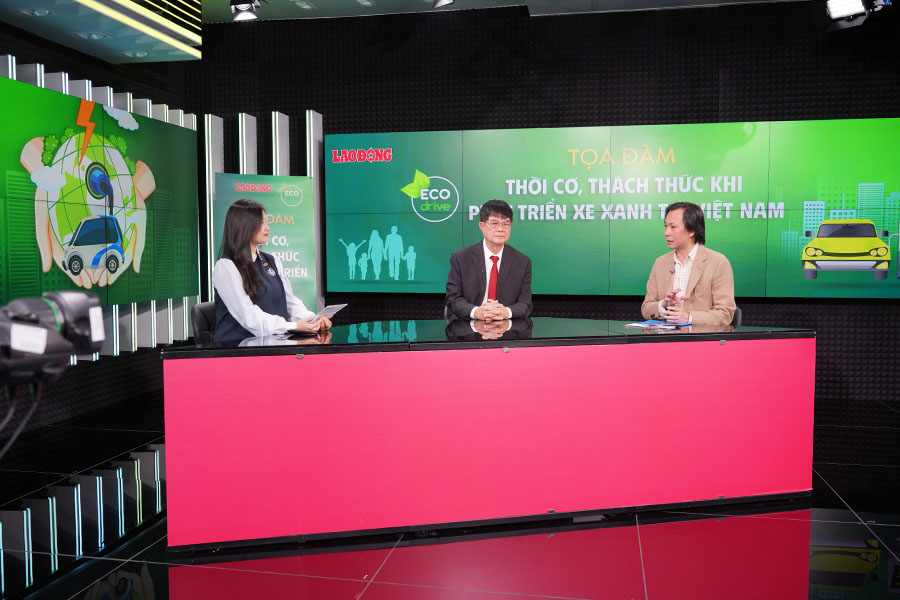
First on the issue of infrastructure, according to Associate Professor, Dr. Dam Hoang Phuc, when converting to green vehicles, we need a corresponding infrastructure, such as charging stations, parking lots, etc.
However, the charging station system, technical standards and urban planning in our country are still lacking, causing a fear.
"When electric cars are developed, the charging station system becomes a new service industry and is still young and full of risks. We need a support policy so that individuals, organizations, and businesses can confidently invest in charging stations," Associate Professor, Dr. Dam Hoang Phuc shared.
Next is the cost, Associate Professor, Dr. Dam Hoang Phuc said that at present, the price of an electric vehicle is higher than that of a traditional gasoline vehicle. This is a challenge for consumers as well as manufacturers.
The last "C" is behavioral conversion. For many years, Vietnamese people have been used to using gasoline vehicles, a type of vehicle that quickly loads fuel, is easy to repair and has a network of gas stations covering the entire area.
According to Associate Professor, Dr. Dam Hoang Phuc, switching to electric vehicles requires beggars to adapt to the new way of use. In addition, the fear of battery durability, replacement costs, and high electric vehicle prices has made many people unwilling to change.
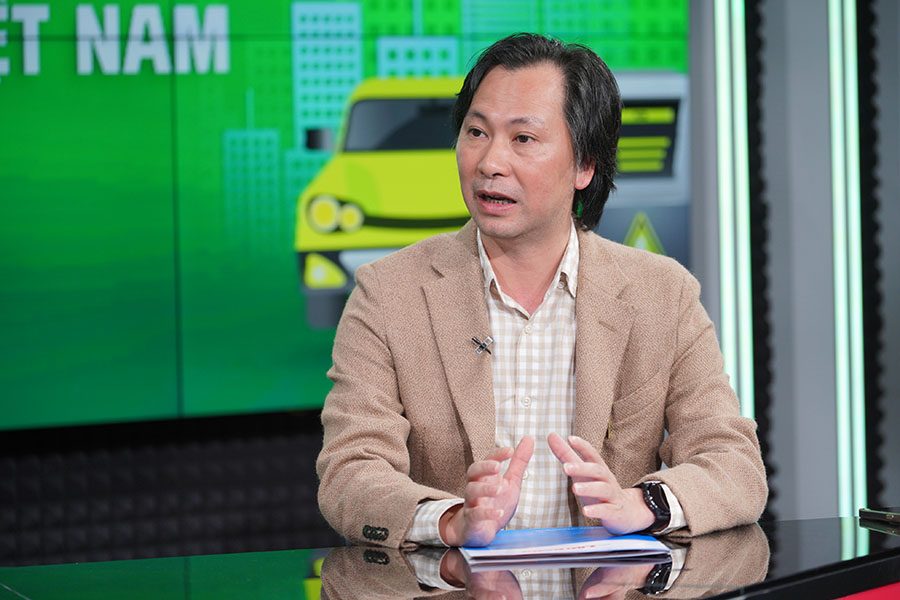
"We now need a clear policy for electric vehicles. That policy needs to be directed towards manufacturers, how to make them confident and feel secure in investing. Second is to target the market and consumers. We must show people what the infrastructure is like, what subsidies are like... when converting vehicles.
Finally, which technology will be used. By clarifying the above criteria, the conversion of green means of transport will have a clear step forward," Associate Professor, Dr. Dam Hoang Phuc analyzed.
However, Mr. Phuc believes that the policy must "age" from scientific research and gain the consensus of the community.
Strengthening propaganda and education
Agreeing with the above viewpoints, Dr. Khuong Kim Tao - Former Deputy Chief of Office of the National Traffic Safety Committee said that when the policy has been developed, the next step is to propagate and educate people to understand.
"In my opinion, we Vietnamese people can be said to be one of the ethnic groups that comply with the best state policies and laws in the world. Most of the issued policies are supported by the people.
People should comment on the revised policies before issuing them," said Dr. Khuong Kim Tao.
From there, T.S Tao emphasized that it is necessary to focus the intelligence and human resources of experts in the issue of green transport conversion, along with the people's opinions to give appropriate propaganda and education messages to be effective.
Also sharing at the Seminar "Opportunities and challenges in developing green vehicles in Vietnam", T.S. Khuong Kim Tao expressed an issue that he is still very concerned about, which is the power supply system to serve electric vehicles.
According to T.S Tao, the amount of electricity we need to serve green transportation is very large.
"Many people still think that we can build charging stations and connect them to the current power grid. However, doing so will overload and cause our power system to collapse.
If we do not have a feasible solution for this problem, even if we invest in vehicles, if people like to drive electric vehicles, they cannot run them," emphasized T.S. Khuong Kim Tao.
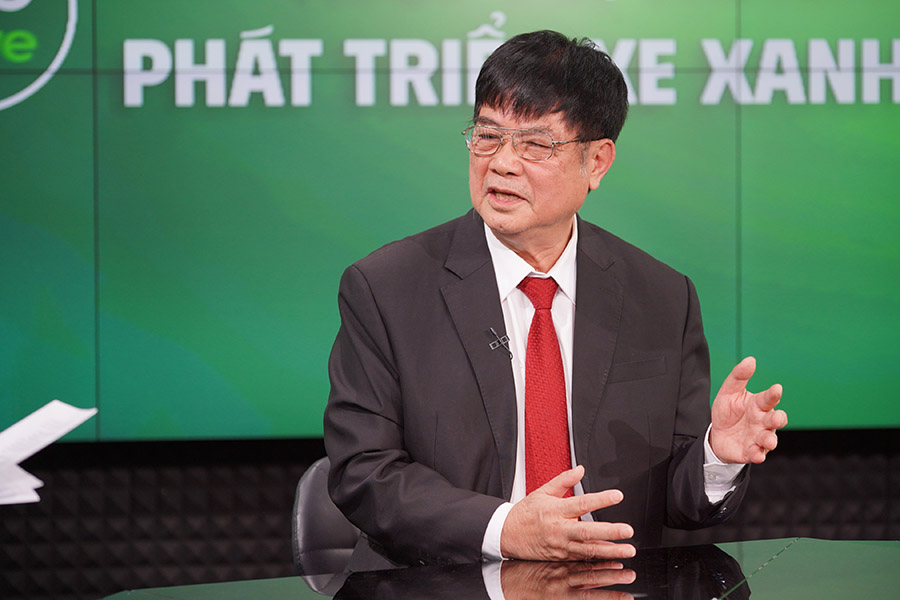
It can be seen that the journey to develop green vehicles in Vietnam is a long-term process, requiring the synchronous participation of the State, businesses and people.
The three words C infrastructure, cost and behavior transformation are the bottlenecks that need to be untied for this process to run sustainably and effectively.
When policies are clear, charging station infrastructure is invested synchronously, vehicle prices are gradually becoming reasonable and people have access to complete information, then switching to environmentally friendly vehicles will no longer be a challenge but will become an inevitable trend.
As experts say, for green vehicles to truly spread, not only technology and investment are needed, but more importantly, the belief and awareness of society about the future of sustainable transportation.
Only when people proactively change their behavior and join hands with national policies can Vietnam move forward faster on the path of reducing emissions, protecting the environment and building a modern and civilized transportation.

